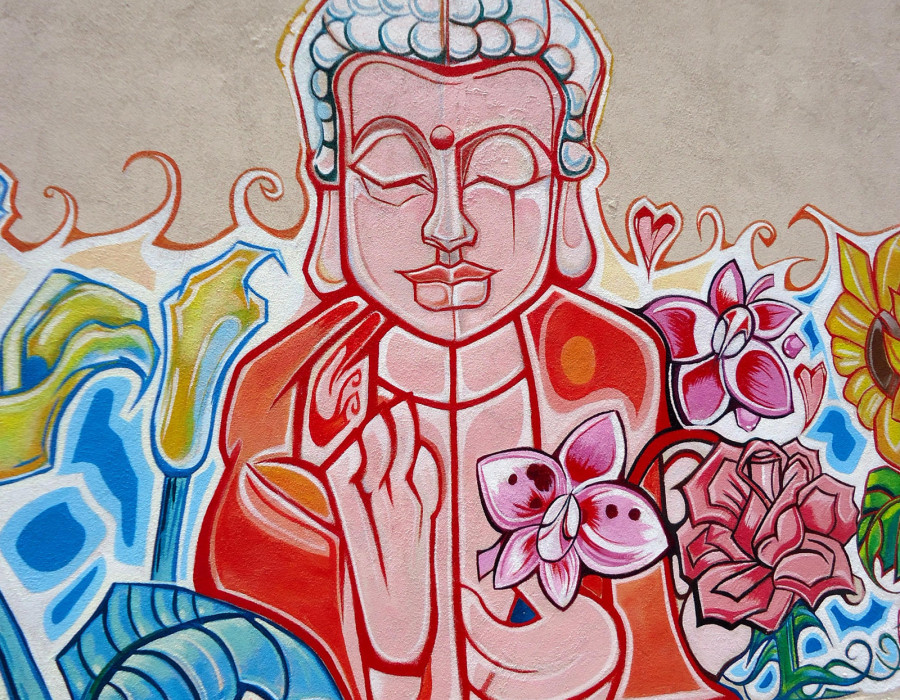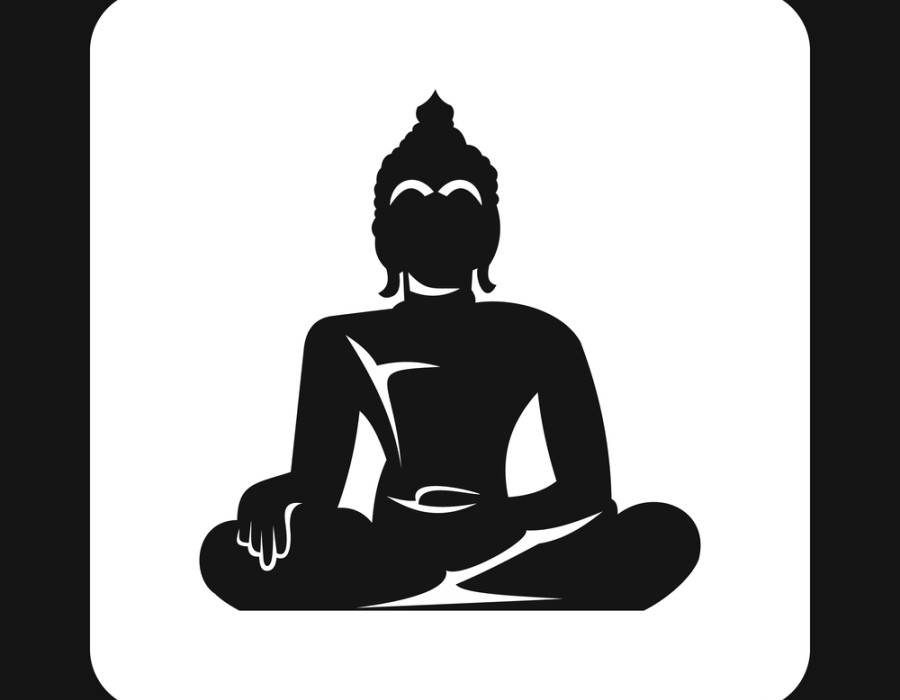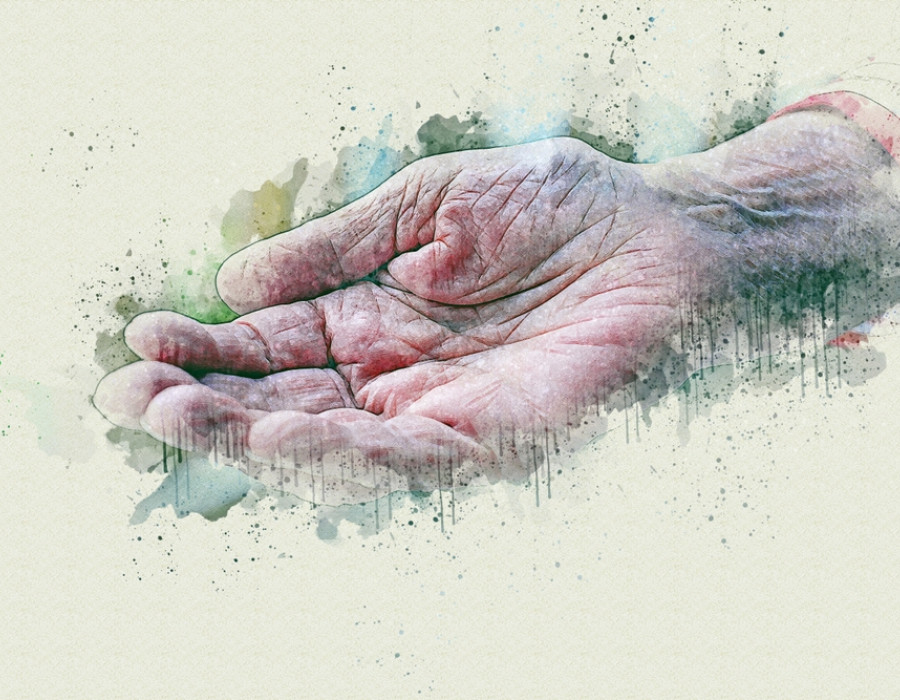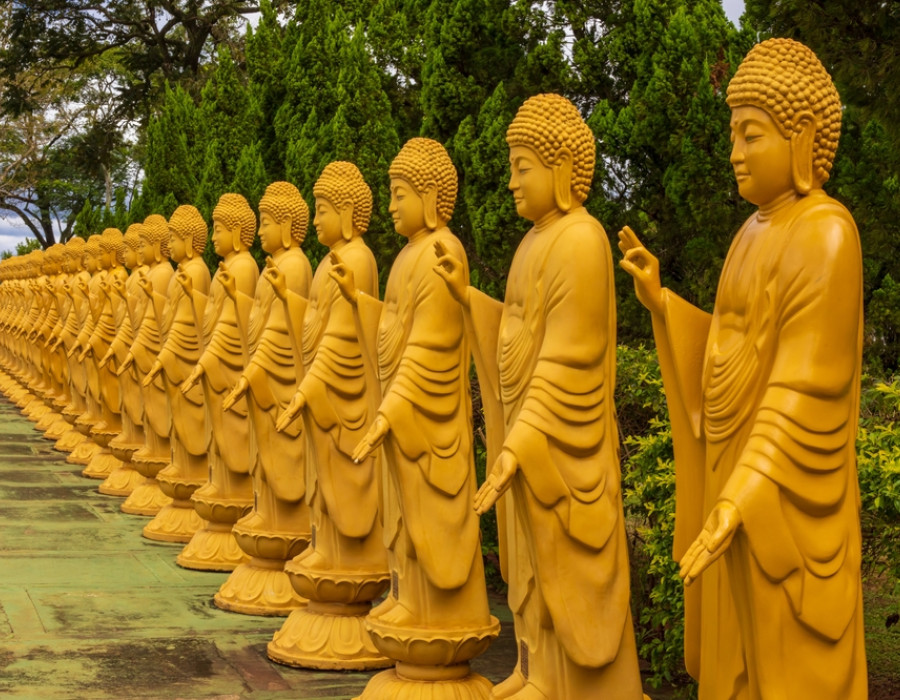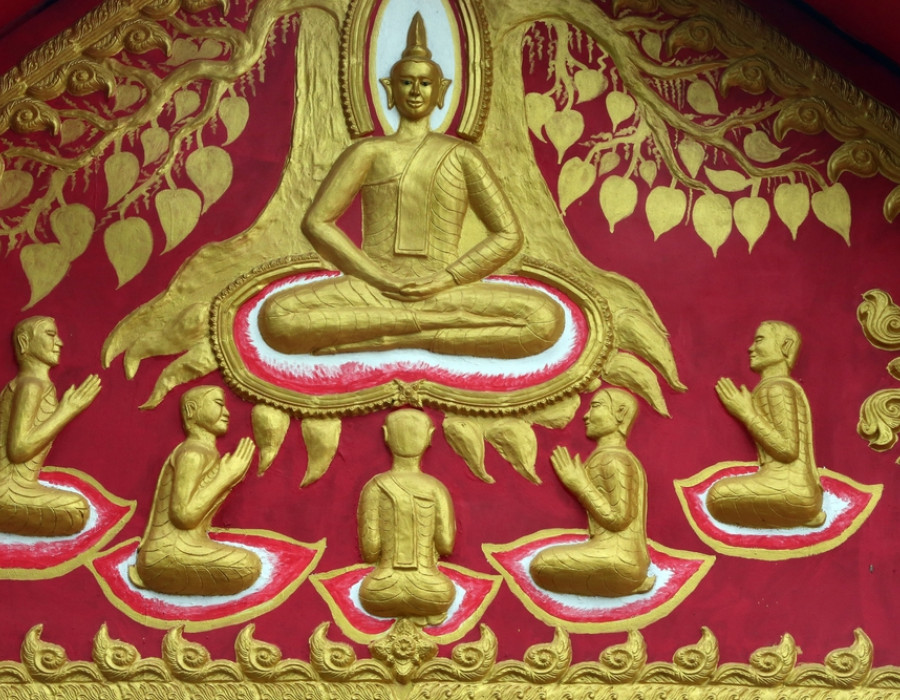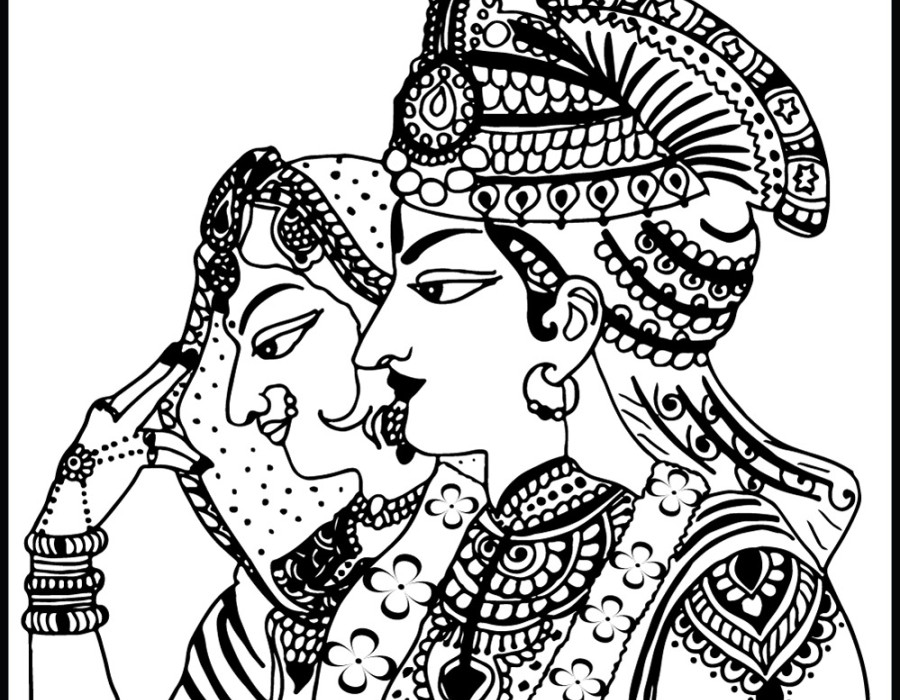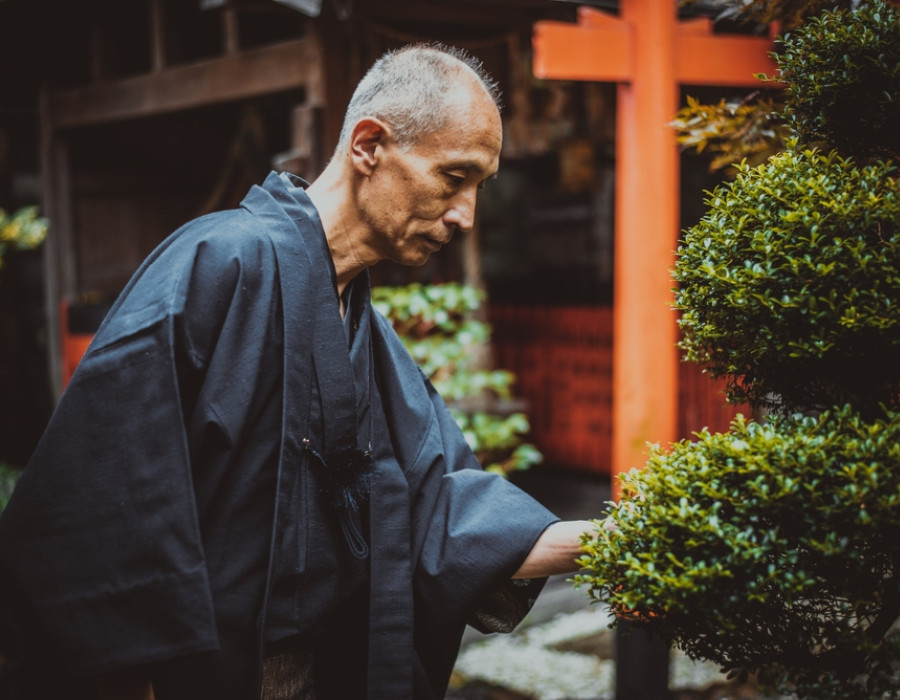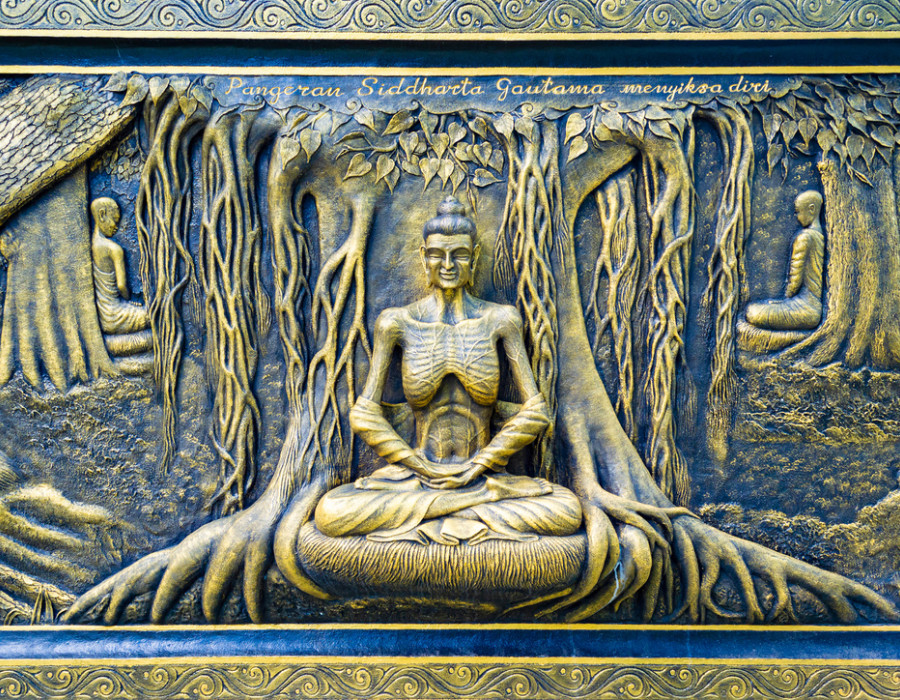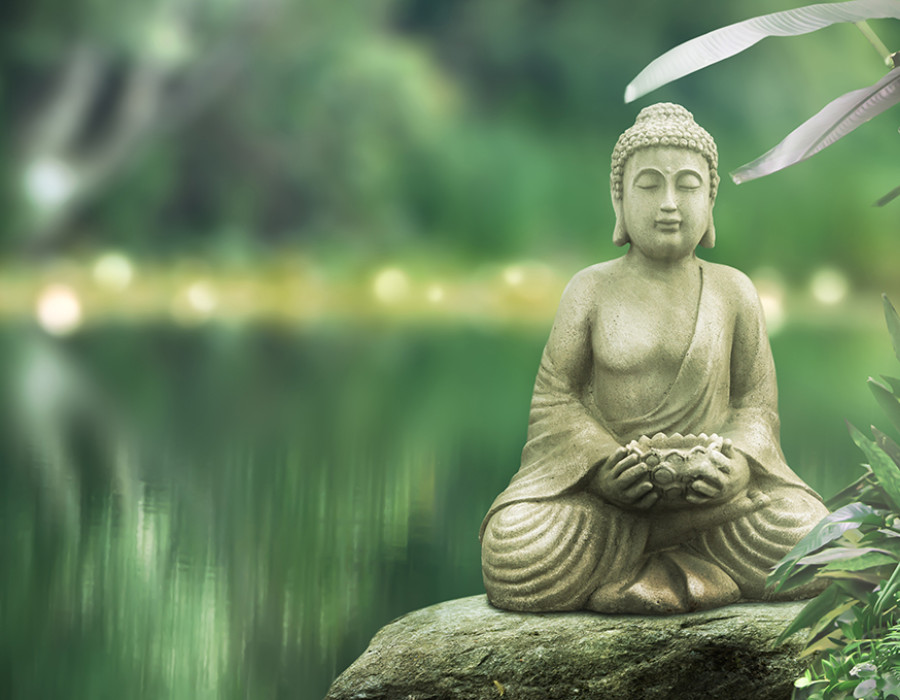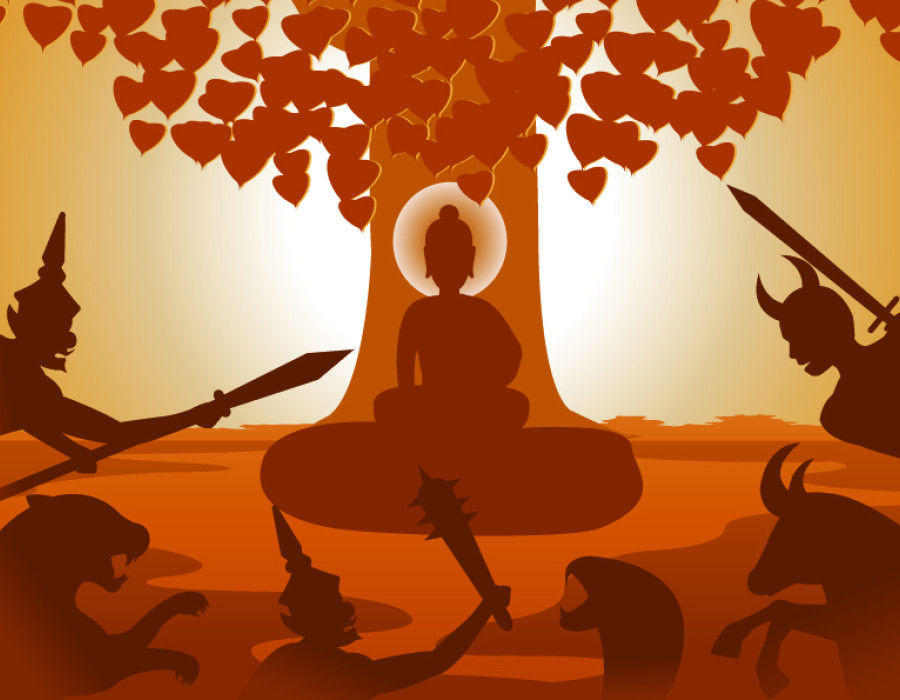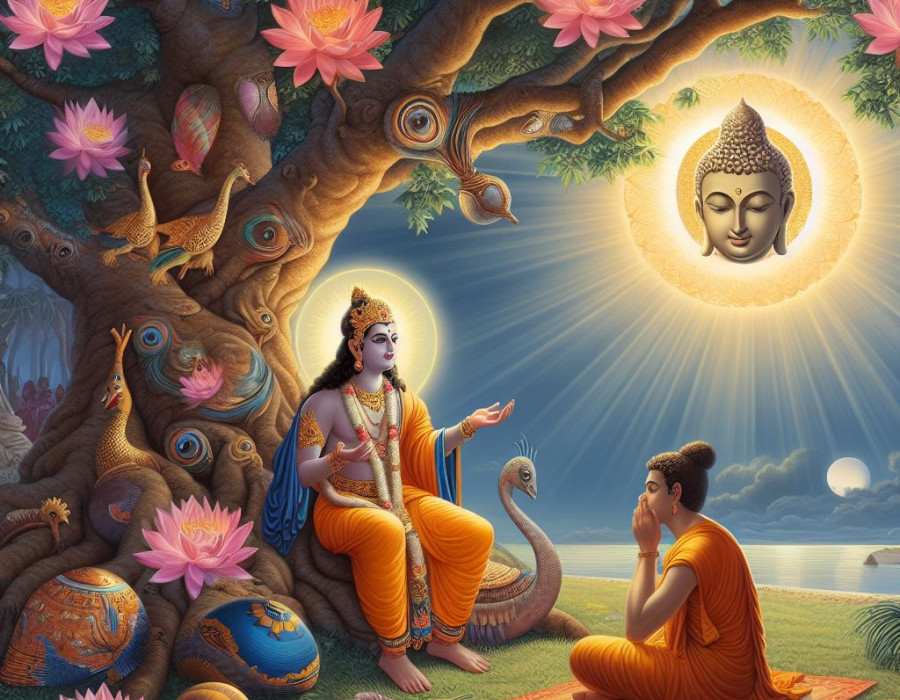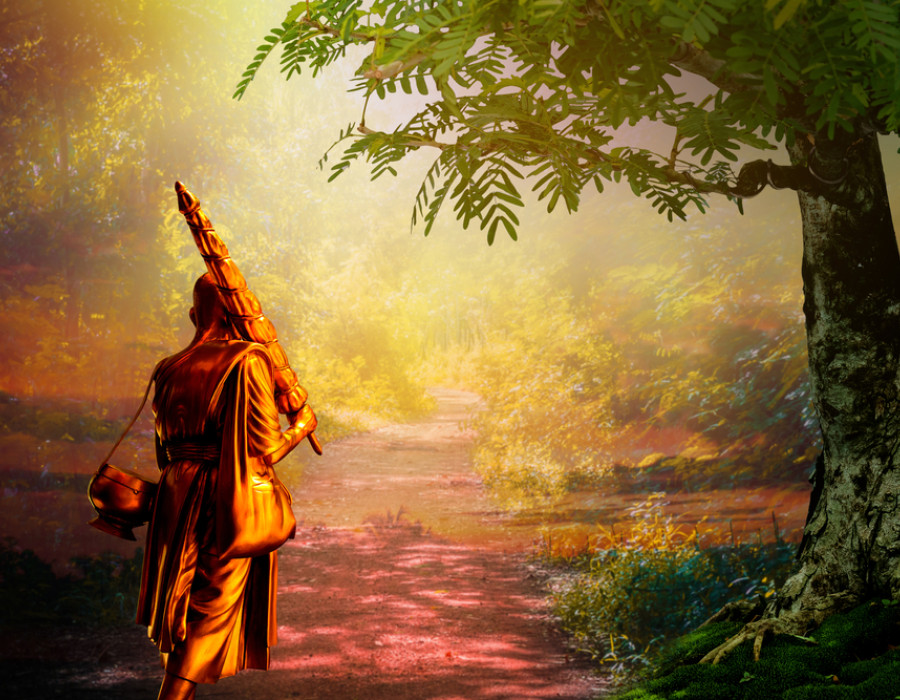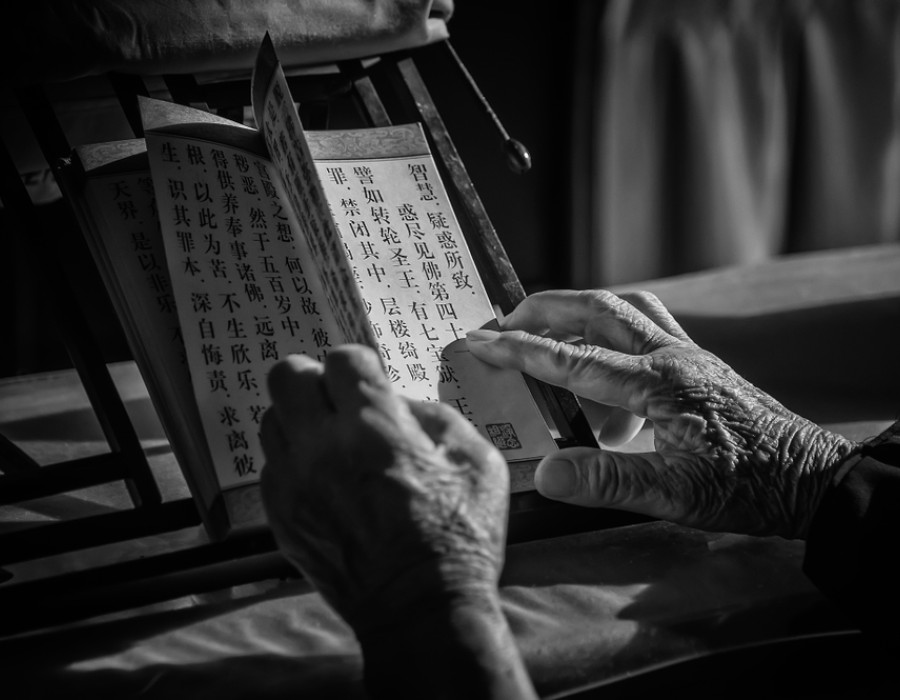26. Sangha, Sutras & Skateboarders
THE BUDDHA BLOG
Dylan is introduced to the Buddhist sutras for the first time, but they also come with a warning.
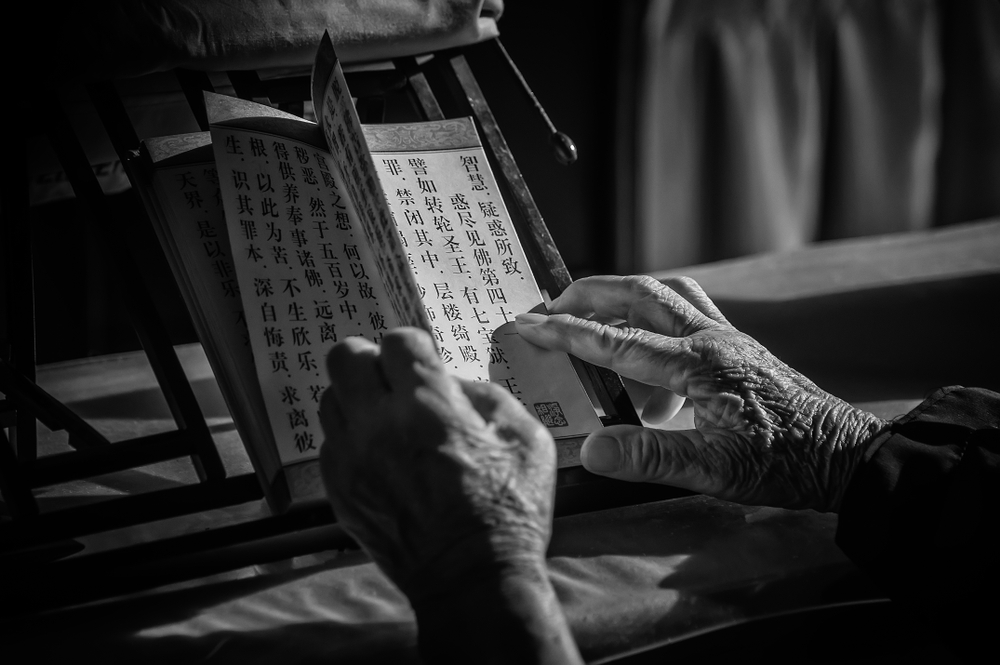
The Buddha’s teaching career lasts forty-five years. That’s a whole lifetime of teaching, isn’t it? He walks all over India. Wherever he walks he teaches. It’s as natural to him as breathing. He gathers followers everywhere he goes and the ones who stay with him he calls his sangha. Sangha is the Indian word for community. The Buddha thinks his community is the most important thing he can leave behind after he dies. He thinks it’s as important as the teaching itself because the Sangha is alive, and the teaching, which he also calls the dharma, can never be more than words. The Buddha doesn’t believe words are as important as people. But, in spite of what he says, the Buddha’s words are written down by his followers anyway and get collected in special religious books called sutras.
Sutras are stories about the Buddha and what he says and does. Altogether they make up a whole library of books. These stories are written down by the Buddha’s first students, and then by their students and theirs and so on down the line. The Buddha never writes down anything himself. He just points out what he sees and what needs to be done every day, like Jizo does when we’re sitting with him in the meditation hall.
And then there are all the books written about the Buddhist schools. Buddhism is very old so there are plenty of different schools, depending on where it’s taught. India, China, Tibet, and Japan all have their own schools of Buddhism. They are different, but mostly the differences are about techniques. Jizo says it’s like having different schools of skateboarding, but I can’t imagine going to school to learn skateboarding.
“Buddhism needs more skateboarders …”
Jizo laughs. “… young people like you who want to try it for themselves.”
It makes me happy to hear Jizo say this.
Jizo reminds us that Buddhism is 2500 years old. That’s enough time to write a humungous number of books, especially when you think that the Buddha’s teaching travels all over Asia before coming to the West. Each time it arrives in a new country, like when it first comes to China from India, they have to translate all the things that are in the original books and then write more books that try to make sense of what their translations say. This can be a problem, says Jizo. I ask him why, and he says it’s because with so many people thinking and talking about Buddhism, less and less people actually do it.
“Imagine everybody discussing which is the best skateboard. They go out and buy the best, but then leave it at home every day rather than practice on it.”
THE BUDDHA BLOG | Michael Haggiag
Books



